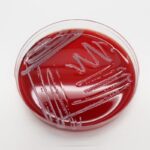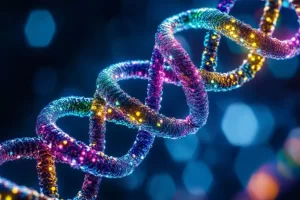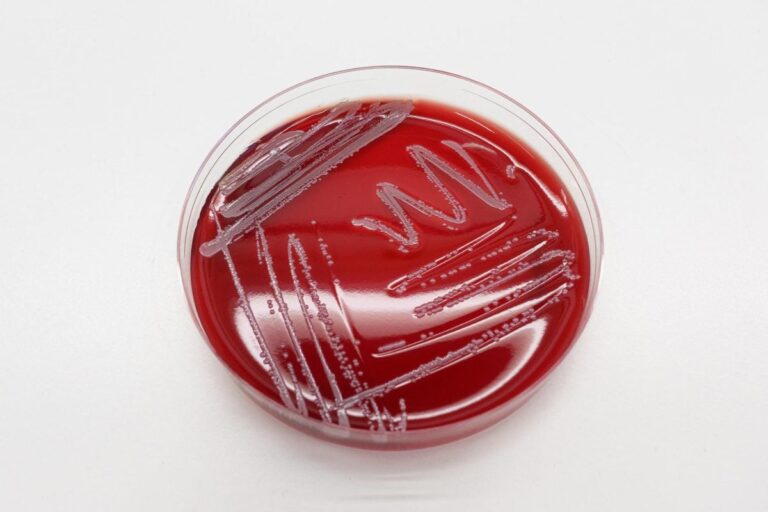At some point in a committed relationship, many people experience a dip in sexual desire. Stress from work, health issues, or even body image concerns can temporarily reduce sex drive.
To rekindle passion, couples often rely on mood enhancers like candles, music, or lingerie. Some also turn to aphrodisiacs—foods believed to spark sexual desire. But do these substances really work, or are their effects more psychological?
What Are Aphrodisiacs?
Aphrodisiacs are substances—primarily foods or supplements—believed to naturally increase sexual desire, arousal, or pleasure. Caroline Susie, a registered dietitian and spokesperson for the Academy of Nutrition and Dietetics, explains that the term comes from Aphrodite, the Greek goddess of love and desire. Common aphrodisiacs include foods, herbs, and even scents associated with heightened romantic feelings. Lauri Wright, a dietitian at the University of South Florida, notes that physical activities, like swimming or exercising, can also act as natural aphrodisiacs by improving overall fitness and intimacy.
Do Aphrodisiacs Actually Work?
Despite their allure, there’s little scientific evidence to prove that any food directly boosts libido. “No food has been scientifically proven to stimulate human sex organs,” Susie points out. However, some people with hormonal imbalances or conditions like thyroid issues or menopause might find that certain foods help balance their systems.
Additionally, foods that promote relaxation and enhance mood—especially for those struggling with stress or anxiety—might have an indirect impact on sexual desire.In some cases, foods can also improve sexual function. For instance, foods that boost blood flow—similar to the effects of erectile dysfunction medications—can enhance performance. L-arginine, an amino acid found in nuts and meat, converts to nitric oxide, improving circulation. Omega-3 fatty acids and anti-inflammatory compounds like quercetin (found in apples and onions) also support healthy blood flow.
Popular Foods Believed to Be AphrodisiacsWhile these foods may not directly spark arousal, their health benefits can positively influence sexual function and mood:Oysters: Rich in zinc, which supports hormone production and sexual health.Dark Chocolate: Contains phenylethylamine, known for its mood-boosting properties. However, research on its impact on libido remains inconclusive.Strawberries: High in vitamin C, which promotes blood flow and stress reduction.
They also contain folic acid, essential for sperm production.Salmon and Avocado: Both are rich in omega-3 fatty acids, known to reduce anxiety and enhance hormone synthesis.Saffron: A mood-enhancing spice that may improve erectile function in individuals on antidepressants.Honey: Packed with B vitamins and boron, which regulate hormones and energy levels.Pistachios: May help reduce symptoms of erectile dysfunction by improving blood pressure and circulation.Peppers: Contain capsaicin, which boosts heart rate and triggers the release of endorphins, potentially increasing excitement.
Beware of Supplements While libido pills and supplements are often marketed as sexual enhancers, Wright warns that they aren’t as regulated as food or drugs. Some may contain harmful ingredients or interact with medications. It’s essential to be cautious about such products and avoid those making grand, unverified promises.
When to Seek Professional HelpIf ongoing libido issues persist, it’s advisable to consult a healthcare provider. “There are proven medical solutions that can provide more reliable results than eating 50 oysters a day, as Casanova was rumored to have done,” Susie notes.Ultimately, while the idea of aphrodisiacs is appealing, the benefits they offer may be more related to mood improvement and healthy bodily functions rather than direct sexual stimulation.

















+ There are no comments
Add yours